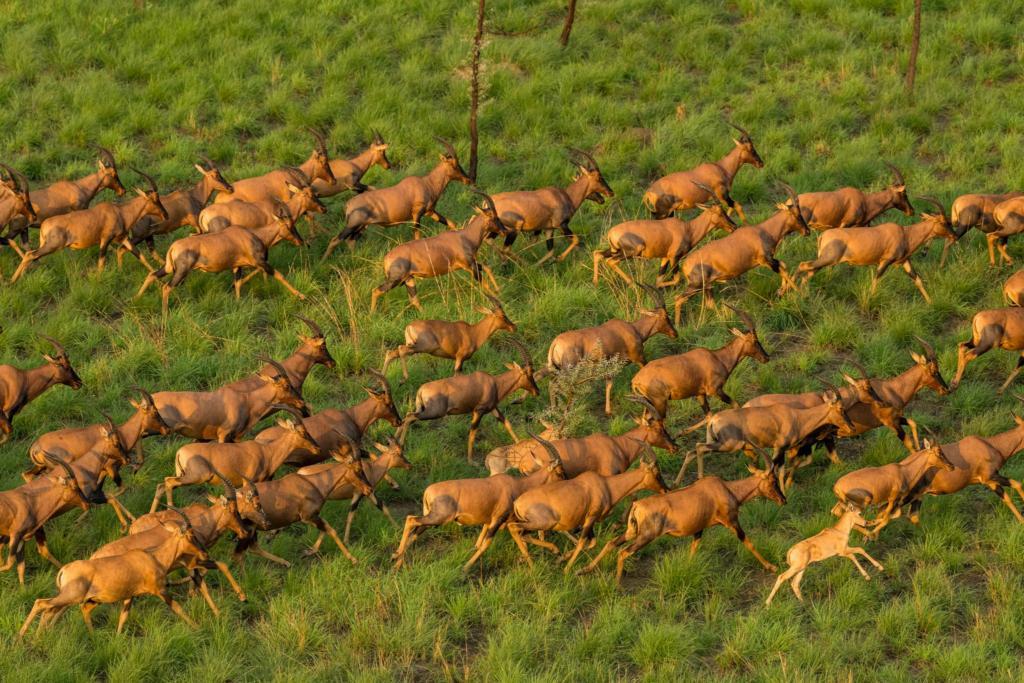Africa-Press – South-Sudan. The Minister of Wildlife and Tourism has said South Sudan’s tourism sector could generate more revenue than oil if insecurity is addressed.
Rizik Zacharia Hassan said the country’s national parks, historical sites, and urban tourism have the potential to become top earners of hard currency and help diversify the economy, which currently depends on oil.
“Tourism should also be stronger than the oil in South Sudan, this is if you calculate how much it can generate from immigration, reserves, and parks, urban tourism, South Sudan will not need oil revenues, they can be kept for supporting other sectors,” he said in an exclusive interview with Eye Radio.
Minister Hassan said although the tourism sector faces challenges such as poor infrastructure, insecurity remains the biggest threat preventing growth.
“Tourism development requires security stability, strategic understanding, and acceptance of the tourist to enter South Sudan, this is the first challenge,” he said.
He said a secure environment would attract international visitors, boost tourism revenue, and create jobs for many South Sudanese.
At the moment, tourism contributes only a small fraction to the country’s Gross Domestic Product (GDP).
However, a World Bank assessment published in January this year found that South Sudan’s renewable natural resources—such as fisheries, forestry, and wildlife—could bring in more than $1 billion per year if properly managed.
The Natural Resource Review (NRR) said small improvements in managing the fisheries sector and reducing postharvest losses could add tens of millions of dollars in value each year.
The report also said restoring the teak plantation industry could bring in close to $1 million annually, creating around 150 jobs for every 1,000 hectares.
In addition, it noted that with better management of one-third of the country’s potential for community forest areas, South Sudan could earn more than $1 billion a year from non-timber forest products.
For wildlife, the report highlighted that proper management and restoration could benefit the country by tens or even hundreds of millions of dollars.
It said harvesting migratory antelope populations in the Boma-Badingilo-Jonglei landscape (BBJL) alone could earn the country about $61 million per year in sustainable revenue.
Minister Hassan believes that with security, strategic planning, and investment in infrastructure, South Sudan’s tourism sector can grow and reduce the country’s heavy reliance on oil.
For More News And Analysis About South-Sudan Follow Africa-Press






